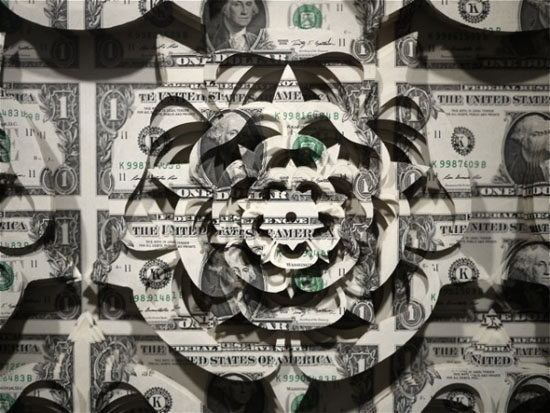Few nations have a Hajj saving scheme, however the potential to do so is within the reach of all states, especially those with swelling populations. Indonesia, which has the worlds largest Muslim population stands to benefit greatly with the growing wealth and population of its citizens.
This development expands upon the benefits of having Muslims buy into the concept of ‘halal’ based financing, however by the state using these funds as a means to pay for spending, and an alternative to selling to the international bond markets, it seems to have taken an intriguing turn. Ultimately it exposes the humble pilgrim to more potentially toxic government debt (Sukuks in this case), and also further emphasizes how the holy duty of Hajj can be a massive money generator not only for the Saudi’s, but for all governments, Muslim or otherwise
Pilgrim Funds give Indonesian banks a boost
Indonesia taps $5.4bn Hajj fund for financial salvation
As the below quote shows, this means transforming the way method of, and the tolerance to, managing wealth and the feasibility of certain investments. Make the personnel more attuned conventional/capitalist investment practices and use sharia scholars for dollars who will rubber stamp any of these ideas
“I’m trying to teach my staff to follow the yield curve, but it’s not easy because they are religious affairs experts, not financial experts,” said Mr Abimanyu. “The new agency will improve our institutional capacity.”
